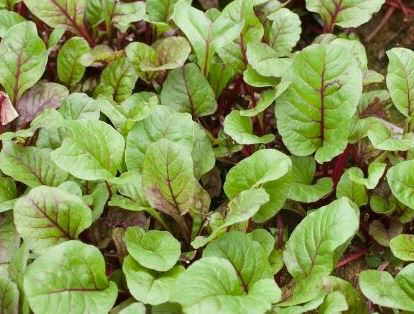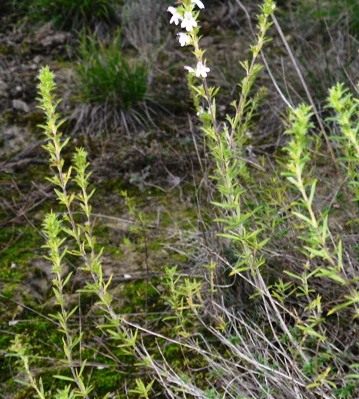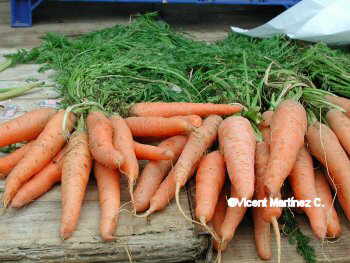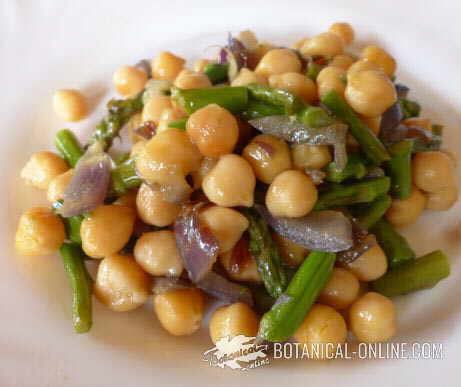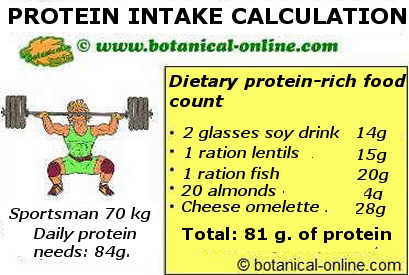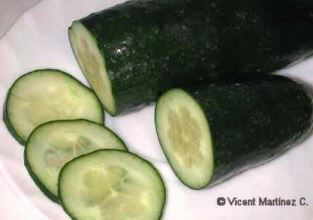Contents
Cauliflower nutritional benefits
BENEFITS OF CAULIFLOWERS
What are cauliflowers?
Cauliflowers (Brassica oleracea var. botrytis) are vegetables.
They have a round shape, which is formed by several layers of dark green leaves.
Inside them, we can find the edible part of the cabbage, which is an inflorescence.
Their taste and odor are very intense.
What are the main nutrients of cauliflowers? Cauliflower composition
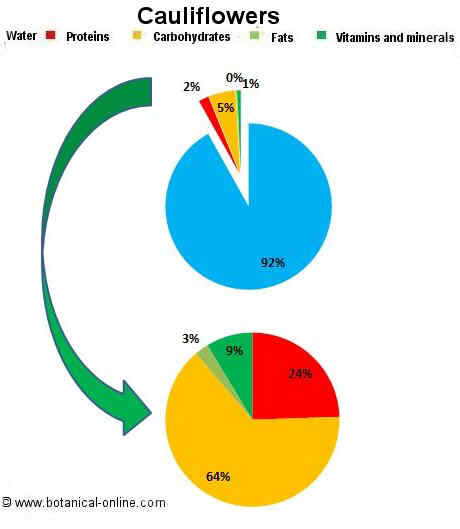
As an energy source, 100 grams of cauliflower give us 25 kcal.
Their proportion of nutrients are divided into:
- Almost 92% is water.
- 0.21%, fat.
- About 2%, protein.
- More than 5%, carbohydrates.
- 2.5%, fiber.
Vitamins and minerals in cauliflower
Minerals: Cauliflowers are rich in potassium, magnesium, phosphorus. They have small amounts of calcium, iron, zinc, manganese, selenium, copper and sodium.
Vitamins: They are rich in vitamin A, vitamin C and vitamin B9. They also contain small amounts of other B vitamins and vitamin E.
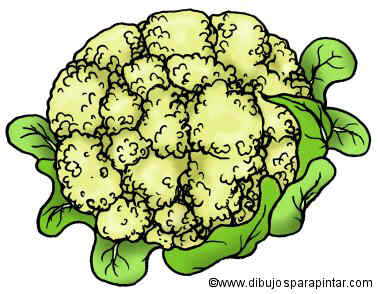
Drawing of cauliflowers (More food drawings)
Nutritional characteristics of cauliflower
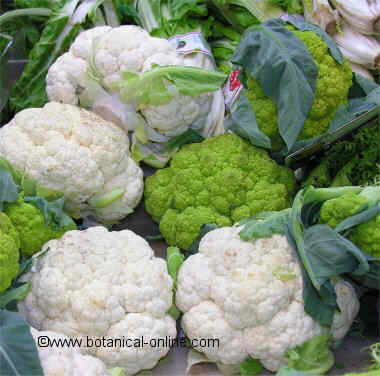
Cauliflowers
- A cauliflower has a high water content.
- It provides little energy as calories, which helps us to maintain vitality.
- It contains little fat, but of high quality and with many health benefits.
- It has a moderate protein content.
- It has a significant content in carbohydrates.
- It has a moderate-fiber content.
- It helps to remove toxins from our body, because it contains potassium.
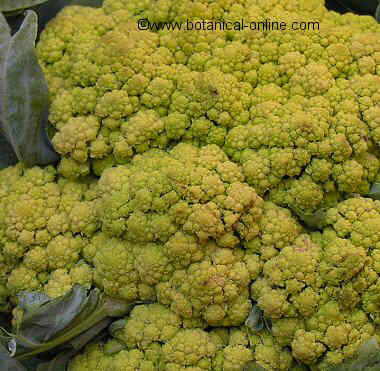
A detail of a cauliflower
- It helps maintain our brain function properly, because it contains phosphorus.
- In addition, together with calcium, it maintains the balance of the formation of strong bones.
- Because of its magnesium content, it helps the contraction and relaxation of muscles.
- Because of its content in B vitamins, particularly vitamin B9, it helps us to grow properly.
- It protects the skin and helps keep it healthy, because of vitamin A.
- It protects us from colds and helps heal wounds, because it contains vitamin C.
- It protects us from the toxins and aging, because it contains vitamin A, vitamin C, vitamin E, selenium and zinc.
Cauliflower in the kitchen:
![]() More information about other foods and nutrition.
More information about other foods and nutrition.
| *Related information: More information on cauliflowers |

